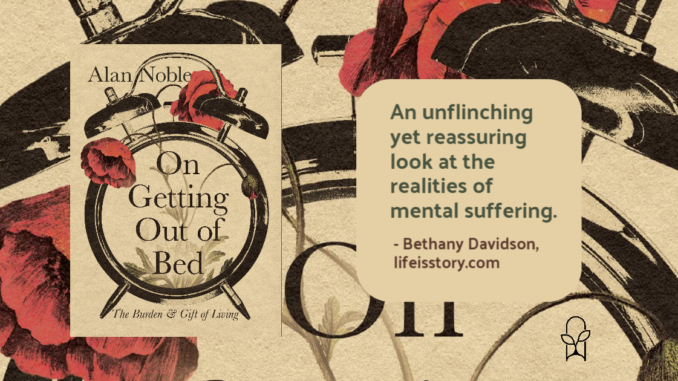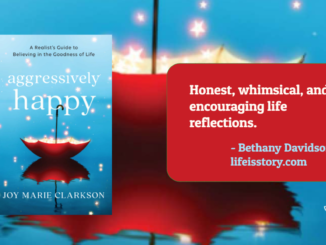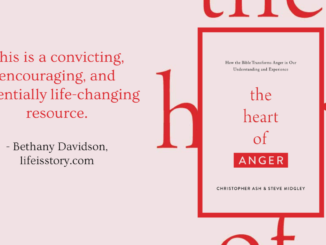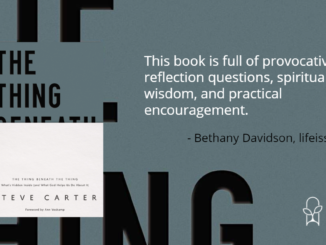
Also by this author: You Are Not Your Own: Belonging to God in an Inhuman World
Published by IVP on April 18, 2023
Genres: Non-Fiction, Christian Life
Goodreads

We aren't always honest about how difficult normal human life is. For the majority of people, sorrow, despair, anxiety, and mental illness are everyday experiences. While we have made tremendous advancements in therapy and psychiatry, the burden of living still comes down to mundane choices that we each must make―like the daily choice to get out of bed. In this deeply personal essay, Alan Noble considers the unique burden of everyday life in the modern world. Sometimes, he writes, the choice to carry on amid great suffering―to simply get out of bed―is itself a powerful witness to the goodness of life, and of God.
This compassionate, insightful book is about the reality of mental suffering. Alan Noble makes it clear from the beginning that this is not a memoir, but it is a deeply personal book. He shares thoughts about how even though he used to assume that significant suffering was an exception, he has come to realize that life is full of far greater pain than many people are willing to admit. Throughout this book, he shares personal insights and Christian reflections on types of experiences that are difficult to talk about because of stigma and sometimes just hard to put into words. This book can be encouraging to people who are dealing with depression, anxiety, suicidal thoughts, other mental struggles, or just tremendous stress and pain.
Honest and Powerful
On Getting Out of Bed: The Burden and Gift of Living avoids both platitudes and despair. Noble shares thoughts on why it is so important for us to stay alive and keep going even when life is extremely difficult, and he grounds this in God’s created order, God’s love for us, and the blessing we are to other people even when we feel like burdens. One thought I found especially powerful is the idea that dying by suicide makes that seem like a more plausible option to other people, and that continuing to live can be a powerful witness to others. Noble reflects on a variety of concerns without getting into overly medical language or thorny theological questions, and the book’s generality is part of its power, since someone doesn’t have to fit within a specific diagnosis to relate to it.
I have suffered from depression and anxiety at different times in my life, but these were often byproducts of my more acute suffering from OCD. When I read mental health books, I often translate concepts to apply to that more unusual problem, but this was general enough that it applied without any additional effort on my part. I especially appreciated Noble’s observation that when things get better, you’re not even able to fully remember or describe how bad they used to be. I thought about that all the time years ago, constantly trying to describe how horrible things had been when I was younger so that I would never forget and lose any compassion for how unendurable it felt. This was my first time seeing someone write about that concept, but it’s so true.
Noble also isn’t afraid to say hard things. He reflects on the risk of romanticizing mental health issues, and he acknowledges the reality of human sin in the midst of suffering instead of excusing all bad behavior based on how miserable you feel. He writes with care and honesty about so many different facets of struggling, and he also writes about practical concerns such as continuing to work and trying to care for a spouse and children in the midst of pain. This book can be especially encouraging and helpful for men, since there is still so much stigma surrounding men’s mental health issues and feelings of weakness. Noble’s personal honesty and anonymous examples from friends can help anyone feel less alone, but this can be especially powerful for men who feel ashamed of themselves.
Recommendation
On Getting Out of Bed is an unflinching yet reassuring look into the realities of mental suffering. I highly recommend this to any Christian who connects with the title or premise, and this is also appropriate for people who don’t share the author’s faith as long as they know that the help he is offering is grounded in his beliefs. This book is small and is just over a hundred pages, which makes it an easy read for the overtaxed mind, and I would recommend this to people who are currently suffering, are looking back on past suffering, or are trying to help and encourage a loved one. This is a truly compassionate, honest guide to a subject that people rarely talk about this frankly, and I am so glad that this exists.



